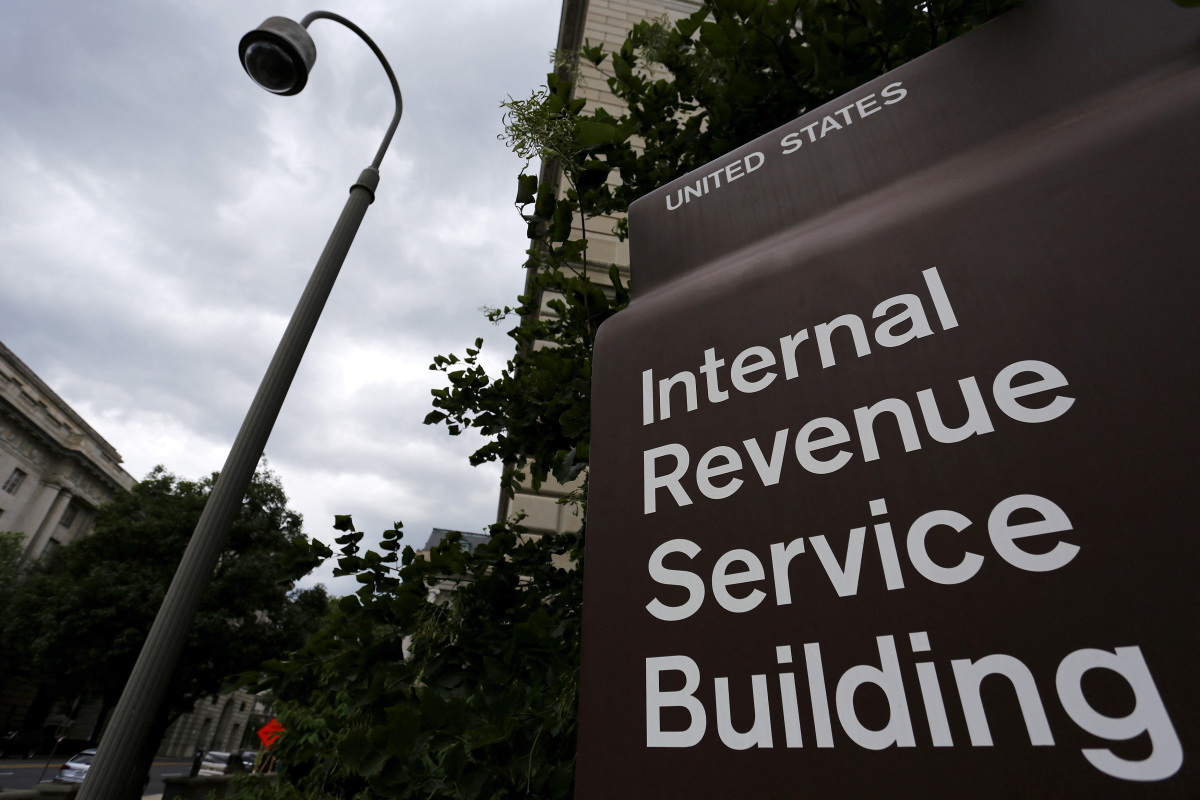The Internal Revenue Service (IRS) is looking into the possibility of taxing non-fungible tokens (NFTs) at the same rate as other collectibles like fine wine, works of art and stamps – a move that would more likely affect NFT enthusiasts.
Guidance from the Treasury Department and the IRS published Tuesday is the first-ever attempt of the U.S. tax authority to clarify the tax treatment of NFTs, digital assets, or digital collectibles, which would directly address taxpayers’ concerns about their NFTs.
The proposed guidelines also sought comments from the public concerning the tax treatment of NFTs, which will be open until June 19.
“The Treasury Department and the Internal Revenue Service today announced that they are soliciting feedback for upcoming guidance regarding the tax treatment of a nonfungible token (NFT) as a collectible under the tax law. Today’s guidance also requests comments on the treatment of NFTs as collectibles and describes how the IRS intends to determine whether an NFT is a collectible until further guidance is issued,” the announcement read.
In the notice, the IRS noted that until additional guidance is issued, it will use a “look-through analysis” when classifying if the NFT should be treated as a collectible, or if its associated asset falls under the definition of a collectible as stated in the tax code.
To help the public with their comments on the issued guidelines, the IRS shared its definition of collectible and acquisition thereof.
“Acquisition of a collectible by an individual retirement account (IRA) or individually-directed account of a qualified plan is treated as a distribution from the account equal to the cost to the account of the collectible. Generally, collectibles also do not have as advantageous capital-gains tax treatment as other capital assets.”
The notice further read that until additional guidance is issued, the IRS intends to determine when an NFT is treated as a collectible by using a “look-through analysis.”
“Under the look-through analysis, an NFT is treated as a collectible if the NFT’s associated right or asset falls under the definition of collectible in the tax code. For example, a gem is a collectible under section 408(m); therefore, an NFT that certifies ownership of a gem is a collectible,” the IRS said in the news release.
In October last year, the U.S. tax authority expanded its instructions for filing tax forms and made sure that it accommodates NFTs and cryptocurrencies.
Interestingly, the latest news about the IRS’ guidelines on NFT tax treatment was not received well by the industry. The 24-hour sales volume of the total NFT trading plummeted by 0.77% to $93 million while the total number of sales plunged by 24% over the past 24 hours.
The NFT industry currently has a total market capitalization of $600 million.







